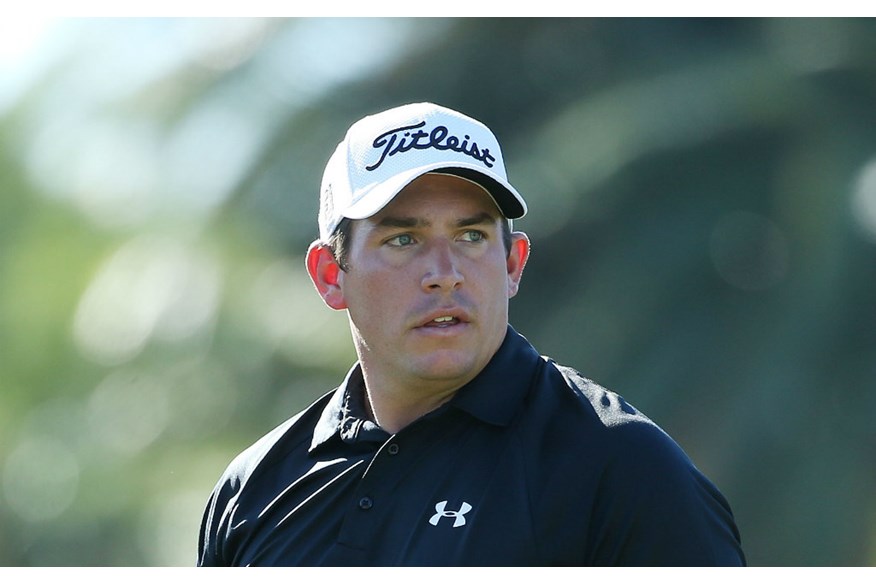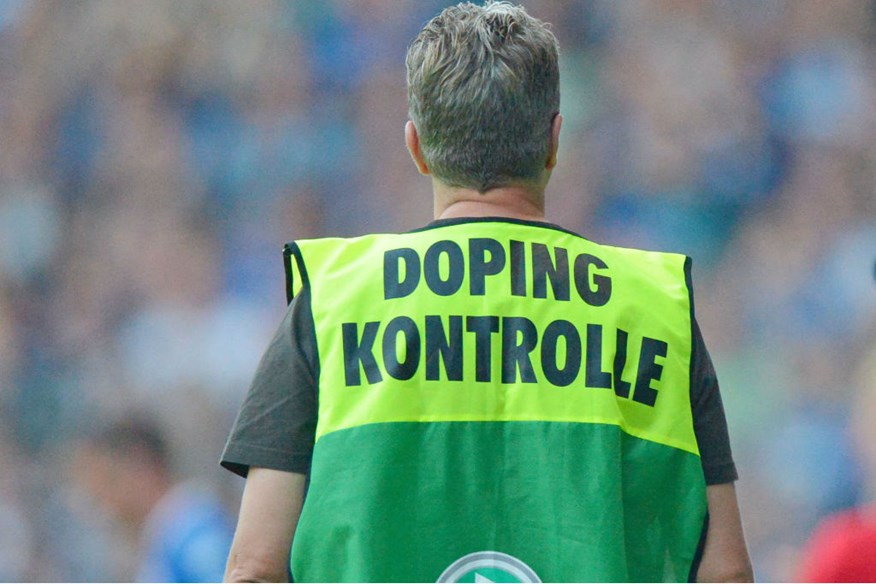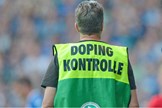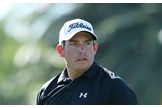Is the Olympics about to reveal a doping epidemic in golf?
Published:
There are many reasons why some of the world’s best golfers are reluctant to participate in the Olympics.
Many golfers and fans argue that the competition should be reserved for amateurs, for whom a gold medal would be the highlight of their career, rather than for professionals, many of whom would barely find a space for it in their trophy cabinet.
There’s the fact that the Olympics offers no prize money, when players are used to competing for million-pound purses.
There’s the business of a jam-packed schedule, with the usual four majors and Race to Dubai or FedEx Cup, plus the Ryder Cup, and now the Olympics to fit in.
Some simply say they’d prefer to spend the time with family than Olympic athletes.
And there’s the fact that the Olympics are in Rio de Janeiro, a place not renowned for a rich golfing pedigree, and struggling to cope with the Zika virus.
But is the possibility of being found guilty of doping another big reason for golfers to skip the Olympics?
WADA (the World Anti-Doping Agency) released its latest report of violations this week, revealing six violations from International Golf Federation-sanctioned events. Names and details of the violations were not revealed, but golfers from France, Italy, South Korea and South Africa were sanctioned for violating the World Anti-Doping Code.
Instances of golfers being found guilty of doping are, thankfully, extremely rare. But is that because golfers are too honest to take banned substances, or simply because they never get caught?
Dick Pound used to be president of WADA, and is still a leading advocate for the strict drug testing of athletes across all sports. He believes the golf authorities aren’t doing nearly enough to ensure their sport is clean.

“We have all seen the shape changes in golfers and the distances they are hitting now and we know that the equipment is better and the balls are better, but it isn’t just that,” says Pound. “If you follow some of the shape changes in the golfers and follow how, at a certain point, if they happen to come off them, you see how many more injuries they get. There’s a problem there.”
The PGA Tour does not presently conduct blood tests due to a belief that drawing blood could affect performance on the course. Urine tests do take place, but cannot identify certain substances.
Pound says he has urged PGA Tour commissioner Tim Finchem to take a stronger stance and implement a stricter testing regime.
“He said: ‘Ah, but if I do that then they are all going to think my guys are just like those baseball players and football players and I don’t want that’” recalls Pound.
At the Olympics, golfers will be subject to more stringent testing than they have ever experienced on the PGA Tour. For some, that may be reason enough to steer well clear.


